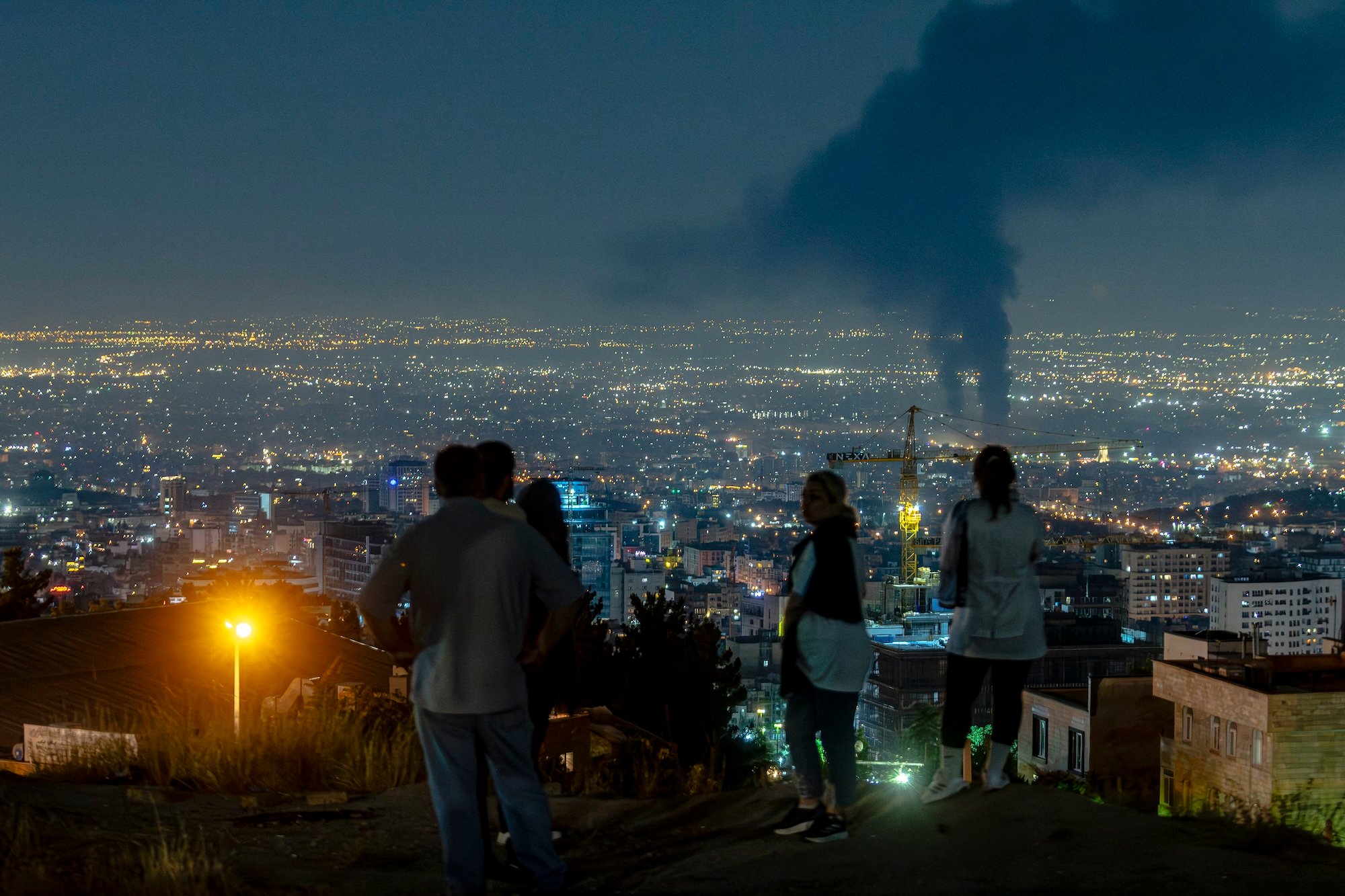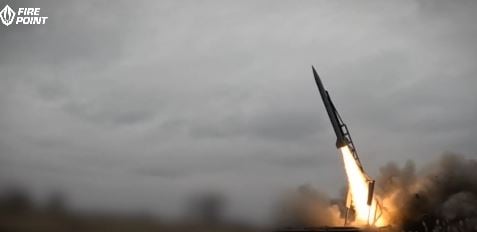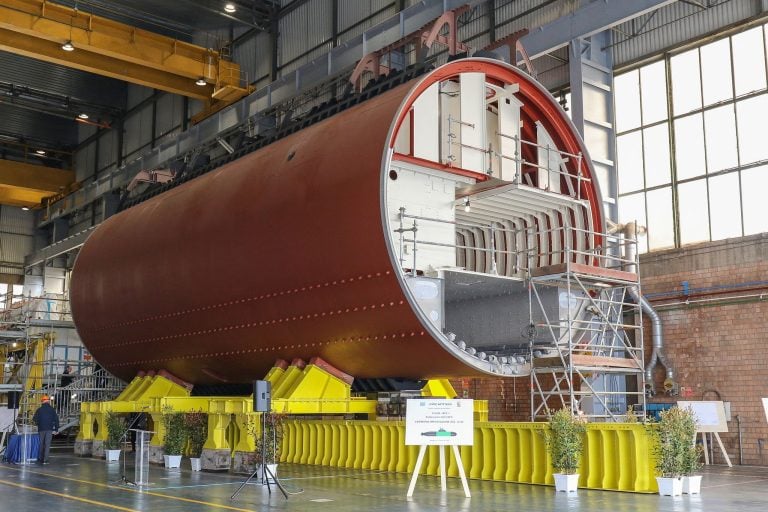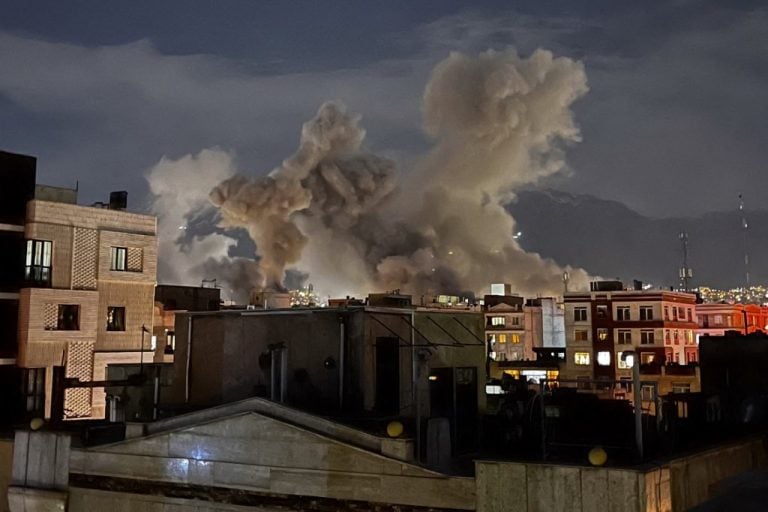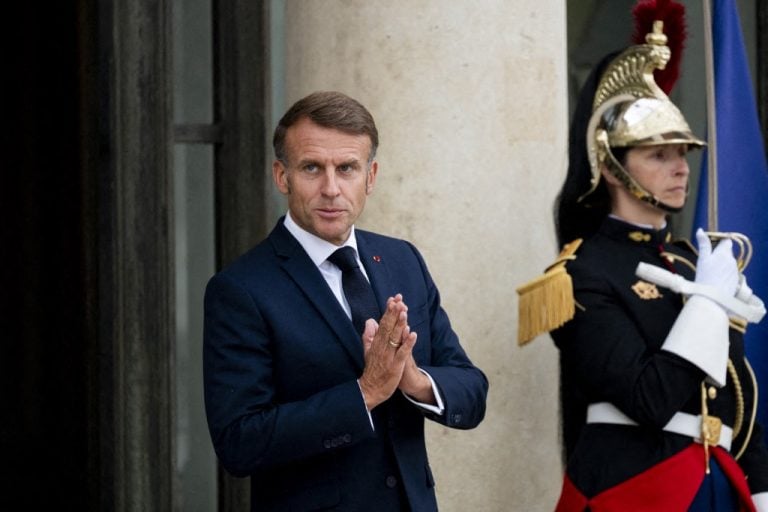Iran has asserted that its missile capabilities significantly compromised Israel’s Iron Dome defense system during a recent conflict, as reported by PRESSTV. Mohammad Baqer Qalibaf, the Speaker of the Iranian Parliament, claimed that the Iron Dome faced unprecedented levels of firepower, which led to considerable damage to Israeli military installations, infrastructure, and security sites.
Qalibaf emphasized the effectiveness of Iranian strikes, asserting that these operations constituted a direct response to what Tehran perceives as unprovoked aggression from Israel. He cited the first night of hostilities, during which Iran reportedly launched 350 drones and over 150 missiles into Israeli territory, claiming this showcased the vulnerability of the Israeli defense system.
He further highlighted that Iranian missiles were able to penetrate deep into Israeli-held areas, framing this capability as evidence of Iran’s expanding missile strength and operational range, even in the face of American and NATO support for Israel. In his remarks, Qalibaf warned that any future assaults on Iranian soil would prompt a strong military retaliation and argued that Israel would struggle to sustain military operations without U.S. assistance.
The tensions in question escalated sharply following a 12-day war that culminated in a fragile ceasefire on June 24. Just a day after this ceasefire, the Iranian parliament voted to suspend collaboration with the International Atomic Energy Agency, intensifying the already strained diplomatic relations.
The conflict began on June 13, when Israel initiated airstrikes within Iran, targeting nuclear facilities among other sites. In retaliation, Tehran launched air assaults, which included a barrage of drone and missile attacks that reached Israeli territory. The situation further deteriorated with U.S. involvement, as the American military conducted unprecedented strikes on Iran’s nuclear facilities at locations such as Fordow, Isfahan, and Natanz.
This escalation came shortly after the U.S. resumed efforts to negotiate a renewed nuclear deal with Tehran, negotiations that have since faltered. In the conflict’s aftermath, Iran’s judiciary reported the death toll at over 900 people, a figure that includes civilians as well as high-ranking military officials and nuclear scientists.
